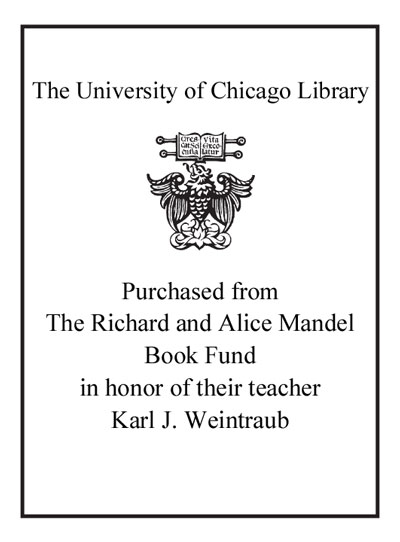Review by Choice Review
Albert applies anthropological methods to a study of participatory institutions in Santa André, Brazil. Participatory reforms in Latin America, such as participatory budgeting, have received a great deal of attention, especially in the literature on deliberative democracy. The Limits to Citizen Power offers a rich, clear-eyed analysis of the role of power in municipal budgeting councils, urban development councils, and housing councils in a single city. Examining rituals and the spatial setup of meeting rooms, subjects often neglected in the political science literature, Albert finds that even in newer participatory institutions state power tends to reproduce itself, a result that members of civil society recognize and discuss openly. Participatory institutions in Santa André do offer citizens new avenues of access to the state, but they prove not to be a panacea for radical democratization. This book is a useful adjunct to the existing literature on deliberative and participatory democracy but will be of greatest interest to specialists. Summing Up: Recommended. Upper-division undergraduates through faculty. --Thomas C. Ellington, Wesleyan College
Copyright American Library Association, used with permission.
Review by Choice Review

